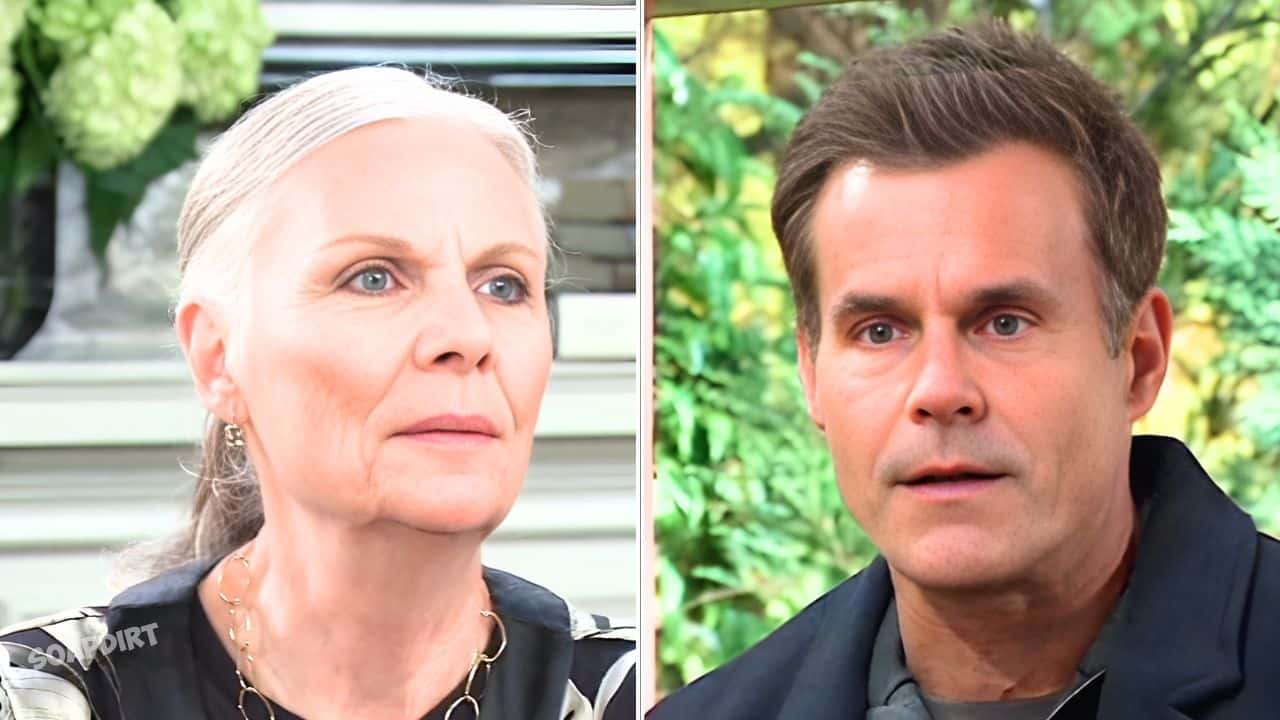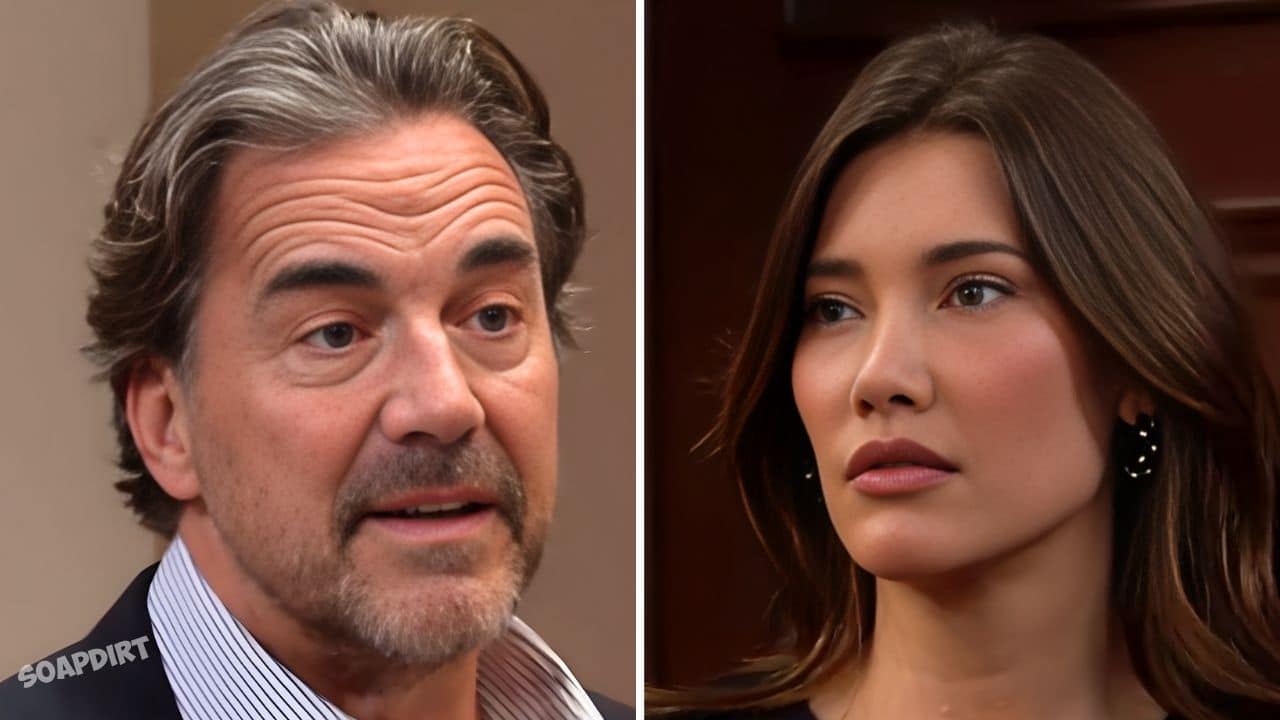Bad Review: Coastal House Media

[ad_1]
My heartfelt thanks to monkey electronic books for making me the arc of “bad lies of Habren Faire” with Netgalley in my change of my honest review. It felt like finding a book and more like being given a secret, rainy gate that opened into a land of haunted forests, reliable silver skies, and stories that will stay in my heart long after the last page.
Nwaith AR Y TRO (once upon a time)
Some stories don’t just invite you; They call you, like the distant echo of a harp over molded hills, the way the wind whispers of Gorse and Heather. “The Bad Lies of Habren Faire” is one such tale. It’s dark, brilliant, and deep Welsh Romantantasy that sleeps under your skin like the shadow of a forgotten lullaby, beating the brilon of Terabithia, and the wonder of spiderwic. Hiraeth, and the Mythos of Cymru.
From the first page, “the bad lies of habren faire” I was paying attention to the words, the words of Anna Fiteni blocked the eerie, some other situation that seemed to be a curl around my shoulders around the shoulders. Every line is glazed with magic, but it is never a safe magic; It was the kind that accidentally shined under the surface, to love you close. When I read, I felt that familiar pull in my chest, Hiraeth, longing for loved ones, for a long time, the worlds are hidden in the hills and rivers. This book is filled with the same deep soul of Welsh Famullore, full of sweet, wild, and sometimes scary creatures born from the ancient beliefs of my people, such as Mari Lwyd, PWCA, Cyfyyl DŵR, and PWCA. And yet, amidst the danger, there is beauty, warmth, and a strong heartbeat, a reminder that even the darkest of tales can hold a light.
Set in a small 1800s mining town, Fiteni’s jutsi focuses on the line and poetry of Wales: Coal dust that sticks to your skin, chapel bells, stubborn popularity, “the language of heaven”) stolen and suppressed. Sabrina Parry, our brilliant and imperfect heroine, has learned to survive with sharp words and sharp wits. Her sister ceridwen, gentle, loving, soft-hearted in the world, disappears in the Gwyll (evening) of a nearby forest, leaving behind an iron ring. To save, Sabrina must cross into the EU GWALD, the danger zone of Tyllwyth TEG. And here, Fiteni gives us the FairyTale as it should be: Beautiful and rotten, eaten and dangerous. This is not tameness, of today; These are old fairy tricks, my kind of tad-cu used to hide bedtime. Those who will leave the milk to go out … and pray that they never meet. At the Habren Faire, moonlight hides fangs, and covenants bind in ways no mortal can escape.
I cried tears, real, indescribable tears, because this world and those characters have a chokehold on me, the kind that leaves you thinking about it after closing the book. Sabrina Parry has moved on to my heart with all the grace of a hurricane hitting the shore. She is everything you would expect a fake heroine to be, but somehow, not so much: a tragedy, very honest in its lies, annoying, and inspiring lives when it fits. He looks at the neat path of the path whose square is found in the container, and probably beats anyone who dares to suggest that he follow it at first. And yet, he is loving, deeply loyal, the kind of person who will take you out or cut off your finger if it means protecting the people he cares about. Fiteni writes her with the same respect, beating the heart as a marching sister from young women, and her family – her sister, they have her comfort, they feel as if they have gone directly to the classic and in this land of Wild Fae. There’s a touch of Alice in WonderWander’s Fenudness here too, all tinged with a tim Burton-Esque shadow, making it all bleak and unpleasant.
Neirin Oh, Neirin, the annoying Prince of Magnetic Faetic Fee who gets into Sabrina’s quest and my thoughts more than I care to admit. He is cut on the same plane of solidity as David Bowie’s Jareth, all of which is presence and silver – silver bars, at the same time clever. His name sounds almost too good for someone who is very determined, therefore fertile, concerned with humanity, but not organized. There’s something missing in the way his brown eyes catch the light, his lashes casting shadows like spider legs on his cheek. Her wavy black hair is brushed with silver, shining as if someone has put a brush in the moonlight, and she wears black velvet covered with constellations, stars, moons, and planets tied together with silver thread, as she wears the night sky itself. Fiteni upset him with an arrangement that reminded me of the puck from a Midsummer night’s dream; Indeed, the entire court of Ellyllon has a Shakespearean combination, beauty, and full of danger. Neirin is both a lovable trickster and a lovable trickster, and the slow-burning heated argument between him and Sabrina is a silent thread woven into the great tapestry, all too drunk on its banality. With the twists and turns in the dark and at their base cracking from the rage of something so dangerous, I found my heart racing every time they shared the page.
LGBTQ + Representation of the bad lies of the habren fee is produced seamlessly in the fabric of the story like a silver thread in the velvet coat of Neirin, natural, non-repulsive, and everything that is good about it. Fiteni does not treat the meeting as an exhibition or a side note; It is simply here, alive and undivided, as it should be in any world they are not worthy of escaping. Between Tyllwyth Teg and all her deceits, Selkies drown between sea and sea, and mermaids, morgens, whose songs roll the waves with love and longing of many kinds of heart. In a novel steeped in Welsh folklore and history, it felt like a fiery, poignant act, a reminder that our stories, as our people, have always been diverse, far more diverse, and more complex than the narrow ways history tried to tie them together.
Thematically, Fiteni captures something I can see done brilliantly: The growing bittersweet, leaving home, and returning to find it. He touches grief with quiet grace: the grief of the dead, because that is what we leave behind, but also the loss of stories and cultures under the weight of colonialism. As a Welsh student, I felt myself thinking about how much my heart respects the mining communities, their sacrifices, their stolen work, their tenacity and the way they refuse to impose their identities.
“Bad Lies of Habren Faire” feels, to me, like a love letter to Wales, a celebration of everything that makes my country what it is. Often times, Romance novels borrow from fairy tales and mythology without acknowledging, let alone investigating, the roots of their inspiration. But Fiteni doesn’t just go around wales; He values you, respects you, breathes life into its heart. Giving us, the reader, the endless rain beating on the roof of the forests, the forests seeming to go on forever until the fog dissipates, and the ancient stones rising from the hills like a dream. This is a real and fictional Wales, where the grit of the coal beams lies beside the shimmer of Faerie light, and where every page feels on the cliff in that pain, longing for home.
There are Hiraeth in these pages that yearn for a depth, that cannot be found in space, time, a feeling that can never be repeated. And yet, there is hope. Hope in the fierce, dirty love between sisters. I trust in the idea that even negotiating with the Fae can be survived, if not defeated. I hope in the survival of the story itself. Fiteni’s prose is lush without being overly hackneyed, laced with a cadence forktale of fire. He measures Bhimpsy with danger, with sharp teeth. The end is as it should be bittersweet, leaving you breathless, a little injured, and back and forth again among the groves with the color of the EU GWALD.
There are books that you finish and remember by their plot, and then there are books that leave you with words from deep roots in your bones. “Bad lies of habren faire” I have more than one line, the kind you carry like talismans. “Even if you are old like me, if you are not happy, then you are not in the end,” a reminder of life, that life is not a straight path to another point, and that happiness, it is worth chasing until your last breath. “People love us for our efforts”, they said in the street where I was; That we are important not only for success, but for trying, striving, reaching beyond our limits. Fiteni’s reflection that “our lives are small … A piece of dust on an old coat or a mayfly at the beginning of its first day is also only, but it appears in the spring, a reminder that there is very little that can be everywhere. The idea that “we are all used by a big house somewhere” is a sad truth dressed in white, it marks the invisible forces, whether it is political, whether it is politics, whether it is political, it is clay, they shape our lives without permission without permission. And under all of us warning: “All the best claims grow from the seed of truth.” It’s a lesson in understanding that what feels real can only be original, and that the things you carry, love, and trust add up. These quotes didn’t just shape my learning experience; they shaped me.
For me, “The Bad Lies of the Habren Faire” was like finding a way to the worlds I used to dream about as a child, listening to my friend talk about the Tyllythth Worlds that I thought I would get out of, but only slept. This book woke me up, gave me back my sight again, thank you.
“The Bad Lies of Habren Faire” will enter the mortal world on August 28, 2025, and I wholeheartedly recommend letting it wash over you. This is a cozy thing of rain and star, of Hiraeth and heartbreak, the moons of the FAE FAE and the kind of love, fierce, dirty, unfocused, outside of the oldest magic. It’s a matter of putting it back in with you, like a secret charm tucked into your pocket, long after you’ve left the woods behind.
A bill that reflects well – black as a slide, bright as light, and full of Hiraeth.




